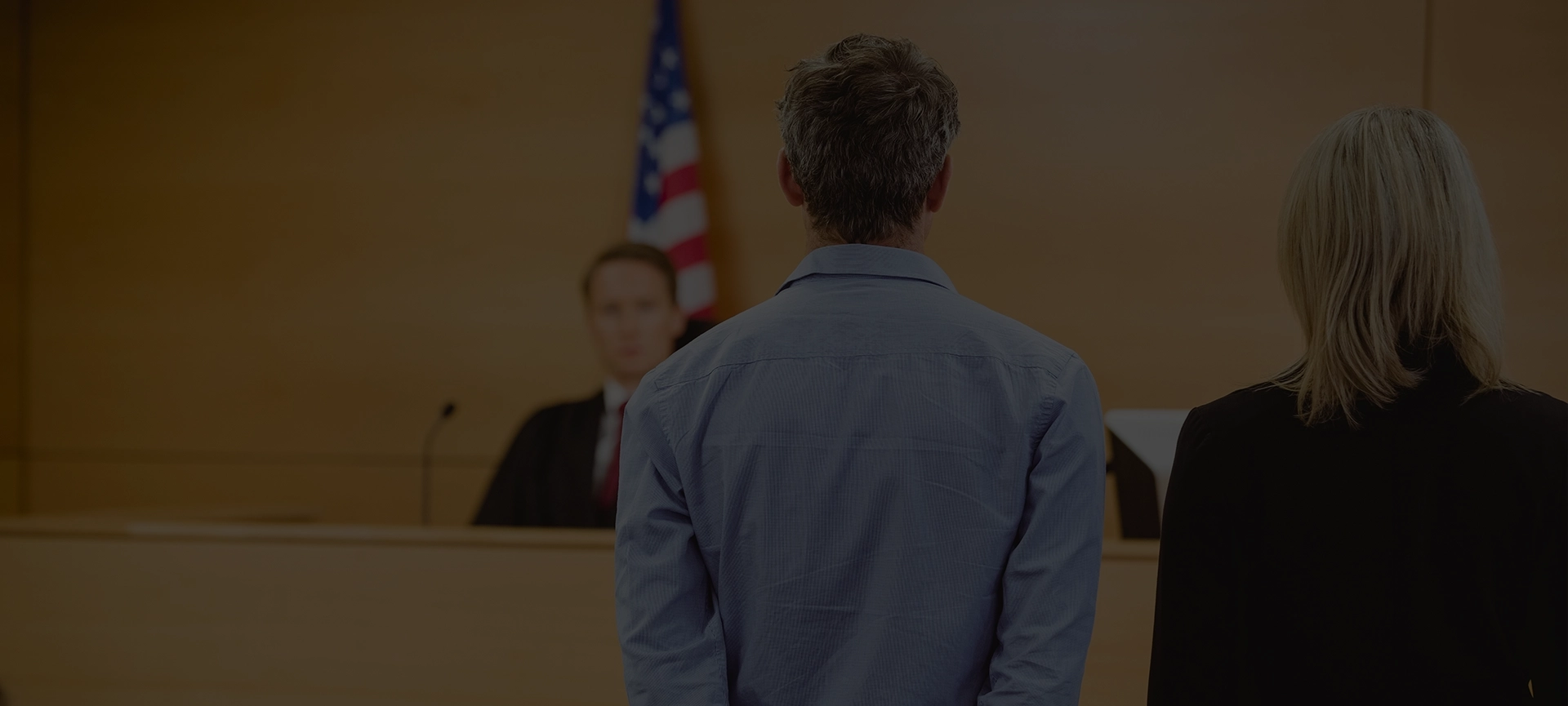When someone is charged with a crime in Ottawa, their case will be processed and tried according to the Ontario criminal justice process. While the exact procedure might differ from one case to another, most criminal trials consist of the same fundamental elements.
Here we will discuss the criminal trial process in Ottawa, including the pre-trial process, the trial itself, and the sentencing hearing. By the end you’ll have a clear idea of the path ahead and what you should expect.
The Pre-Trial Process
During this pre-trial process in Ottawa, a criminal defence attorney will explain the accused’s legal options, what they can expect if convicted and possibly negotiate the terms of their release so they can await your trial.
The attorney will also have access to any relevant information the prosecution has, including police notes, photo or video evidence and witness statements. They use these to start building the defence. If they need more evidence, they can ask the court or Crown Attorney’s office to release it.
Witness Subpoena
If witnesses don’t volunteer to testify or provide evidence, the defence attorney can subpoena them through a court order. They’ll be obligated to attend the trial, testify or provide evidence.
Charter Notice
According to criminal law in Ottawa, contained in the Canadian Charter of Rights and Freedoms, every citizen must be granted certain rights even when awaiting a criminal trial Ottawa. If a person’s rights were violated when they were charged and arrested, their case might be dismissed by a judge, known as staying a charge.
Alternatively, a judge might rule that the evidence presented during the breach of rights is inadmissible in court, meaning the prosecution has less information to build their case on.
However, for this to happen, the Crown Attorney’s office in charge of the case must be notified via a written Notice of Application. If the law under which a person has been charged is unconstitutional, the Attorney General of Ontario and the Attorney General of Canada must also obtain written notice of this at least 15 days before the expected trial date.
The Process of a Criminal Trial in Ottawa
Let’s look at the process for the trial itself in Ottawa:
Arraignment and Election
During the arraignment process, the accused will have:
- Their name and identities were confirmed by court officials
- Their charges read against them
- The opportunity to enter a plea
Entering a plea isn’t possible for certain criminal offences. In this case, the accused can choose from the following options:
- A trial by a superior court judge and jury
- A trial by a superior court judge alone
- A trial by a provincial court judge (often held on the same day)
If the accused refuses to enter a plea or to plead guilty as charged, their trial proceeds to the next phase. If they plead guilty, their sentencing can either be on the same day or another at a later date.
However, before sentencing, the judge must verify that they understand the consequences of pleading guilty and that they’re making the guilty plea voluntarily.
If the judge can’t ascertain these facts, they might set a new trial date so the accused can defend themselves against the charges. Next, both the prosecution and the defence prepare and present their cases.

The Prosecution’s Case
During the trial, the Crown prosecution presents its case in several stages. First, they’ll make an opening statement about the charges against the accused and make an overview of their evidence. Then, they call and question their witnesses. During this stage, the defence might object to leading questions.
Next, the defence will cross-examine the prosecution’s witnesses, looking for inconsistencies or an opportunity to question the prosecution’s case. If necessary, the prosecutor can re-examine the witness.
Besides these, a criminal trial might also include other processes which can occur while the prosecution is presenting their case. For example, if there are unresolved matters between the defence and the prosecution, a judge might request mini hearings.
The Defence’s Case
During the next stage, it is the defence attorney’s turn to present their evidence. Their expertise can make or break a case, so it’s vital to choose the right criminal defence lawyer.
The evidence they present might include bringing out photographs, videos, documents, witnesses, or any other information supporting their case. Any witness presented by the defence is subject to the same examination and re-examination procedure as are prosecution’s witnesses.
Next, the prosecution might present a rebuttal against any information outlaid by the defence that wasn’t included in the prosecutor’s submission. If there are no more witnesses and the accused does not wish to testify, the trial continues to the next phase.
The Closing Submissions
The closing submission is the final stage of the criminal trial. During this, the defence and the prosecution are invited to argue for or against the accused’s guilt. They can’t present any evidence, only make statements based on the previously submitted evidence.
The Sentencing
The judge can decide to issue a sentencing on the same day as the trial or postpone it to a later date. If the accused is found guilty, their punishment is decided later on, after their sentencing hearing in Ottawa.
The prosecution and the defence can weigh in on what they consider an appropriate sentence. If a Pre-Sentence Report is ordered, this will delay the sentencing for several weeks.

Final Thoughts
Starting with the pre-trial process, a criminal trial in Ottawa involves several stages and procedures. During pre-trial, the defence attorney gathers their evidence and requests any evidence gathered by the prosecution.
If the accused won’t make a guilty plea, their case proceeds to the trial, during which both sides present their evidence. After the trial, the judge issues a sentencing.
Hopefully you now have a clear idea of the criminal trial process. If you’re looking for representation, then get in touch with AGP LLP today. We’ll be more than happy to talk to you about the process and how we can help your case.





